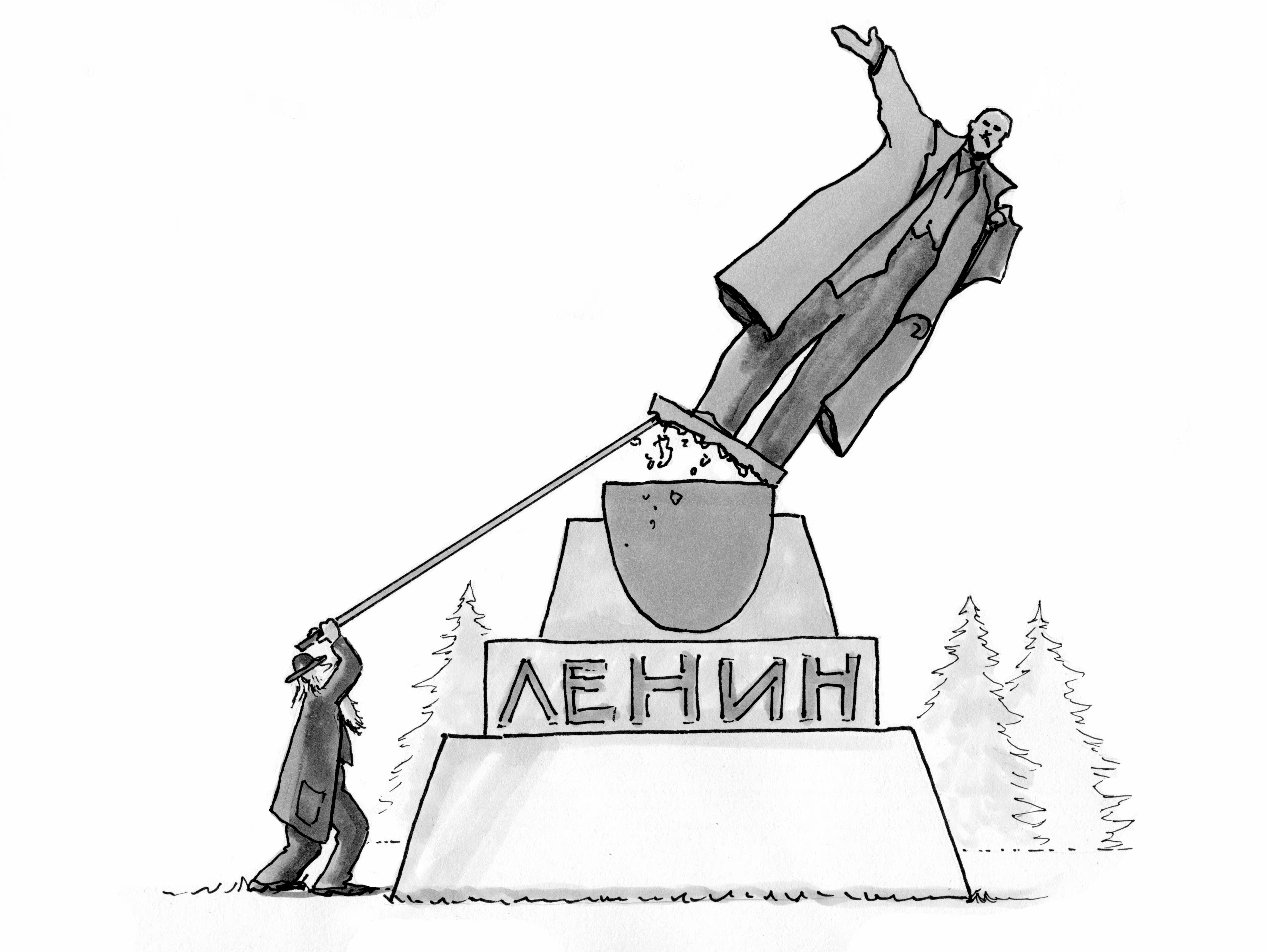This series of short articles updating the Federalist Papers stands on a strong foundation of theory and evidence that has accumulated since Alexander Hamilton, James Madison, and John Jay wrote their founding document for a more perfect UNION of colonies. Today, the whole world can become united around these principles.
We are all Socialists: Socialism is not a particular political ideology among others. It is a commitment to create a society that works for the benefit of all within the society. All political ideologies share this commitment, at least when defended in public on the world stage, and merely differ in their conception of how to achieve the good society.
We are all Globalists: Gone are the days when the UNION could consist of a handful of colonies, states within a nation, or even nations within a geographical region of the earth. Our impacts upon each other and the planet are global, which requires the UNION of governance to be global. This does not mean the abolition of lower-level scales of governance, but it does require lower-level governance to be coordinated with the global good in mind. This has happened many times before at intermediate social scales, so there is nothing, theoretically, preventing us from achieving the final rung of multi-level governance for the global common good.
We are all Democrats: We would never have become such a cooperative species at the scale of small groups without democratic governance, in which all members take part and protect each other from self-serving bullying behaviors. Our instincts for democratic governance are literally embedded in our DNA. The necessity of democratic governance doesn’t change as societies increase in scale, but cultural mechanisms are required to interface with our genetically evolved mechanisms. The evidence is unequivocal that inclusive societies work better than societies controlled by elites for their benefit. Governance at all scales must be democratic to achieve a society that works for the common good.
We are all Capitalists: The positive change that we crave requires the identification and rapid implementation of new practices that work, compared to our current practices that don’t work. This is competition in the large and metaphorical sense meant by Darwin and it requires the vibrant spirit of entrepreneurship associated with the best of Capitalism. However, it also requires the social construction of markets that contribute to the global common good and avoid the negative externalities associated with the worst of Capitalism. Markets that are managed for the common good are not new. Examples abound at intermediate scales of society that can be taken to the global scale, as soon as we see the problems in the right way.
We are all Environmentalists: From the very beginning of our history as a species, it was possible for human societies to exploit their local environments and move on to new horizons. Those days are gone forever, requiring us to create sustainable economies and act as stewards for the rest of life on earth.
We are all Technologists: Global governance requires the capacity for rapid global communication that didn’t exist before the Internet Age. However, this does not mean that the global brain self-organizes. It must be constructed with the global good explicitly in mind. Once we absorb this fundamental truth, then we can proceed to realize the best of the Internet Age while avoiding its current toxic manifestations.
We are all Scientists: Genetic evolution has been frugal in endowing us with our abilities to sense and act in the world. We can see only a narrow slice of the light and sound spectrum, can barely smell at all compared to our canine companions, and have no ability whatsoever to sense electronic and magnetic forces that other species rely upon extensively to navigate their worlds. Even what we sense is processed in a way that contributes to survival and reproduction but often distorts rather than apprehending factual reality. Perceiving the universe that exists apart from human existence and acting for the common good on the basis of this information requires the cultural institution of science in all its forms, including the instruments that enable us to go beyond our genetically evolved perceptual abilities and the social processes that result in the accumulation of factual knowledge and its use for the common good.
Combining these social identities into a UNION can result in a transformation of politics. Every reader of these words can start by learning more about the 200+ years of refined thought since the publication of the Federalist Papers, using this brief introduction as a guide. The more you learn, the more it will become a new Common Sense for you, to invoke another founding document of the American Revolution by Thomas Paine.
Image: "Darwin Holds the Earth" by Julia Suits













